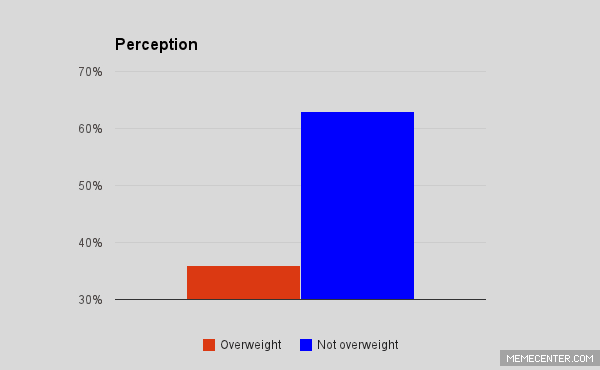Free Summer Meals to Be Offered Across the New York City
Summertime may mean hunger for some New York City children. During the school year, children have access to free or low-cost food programs in schools. In the summer, however, getting access to nutritious food can be harder.
|Updated:



